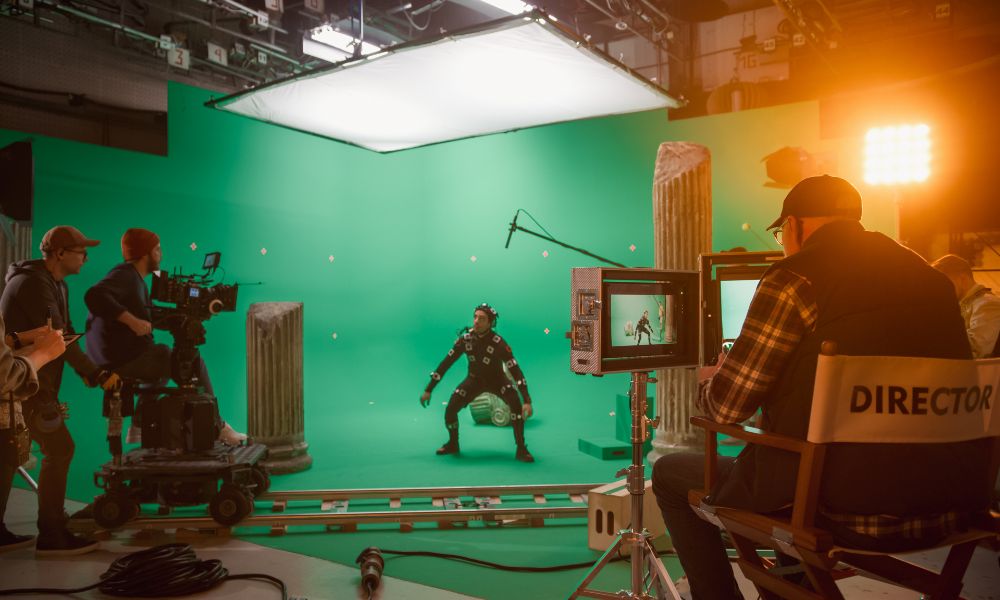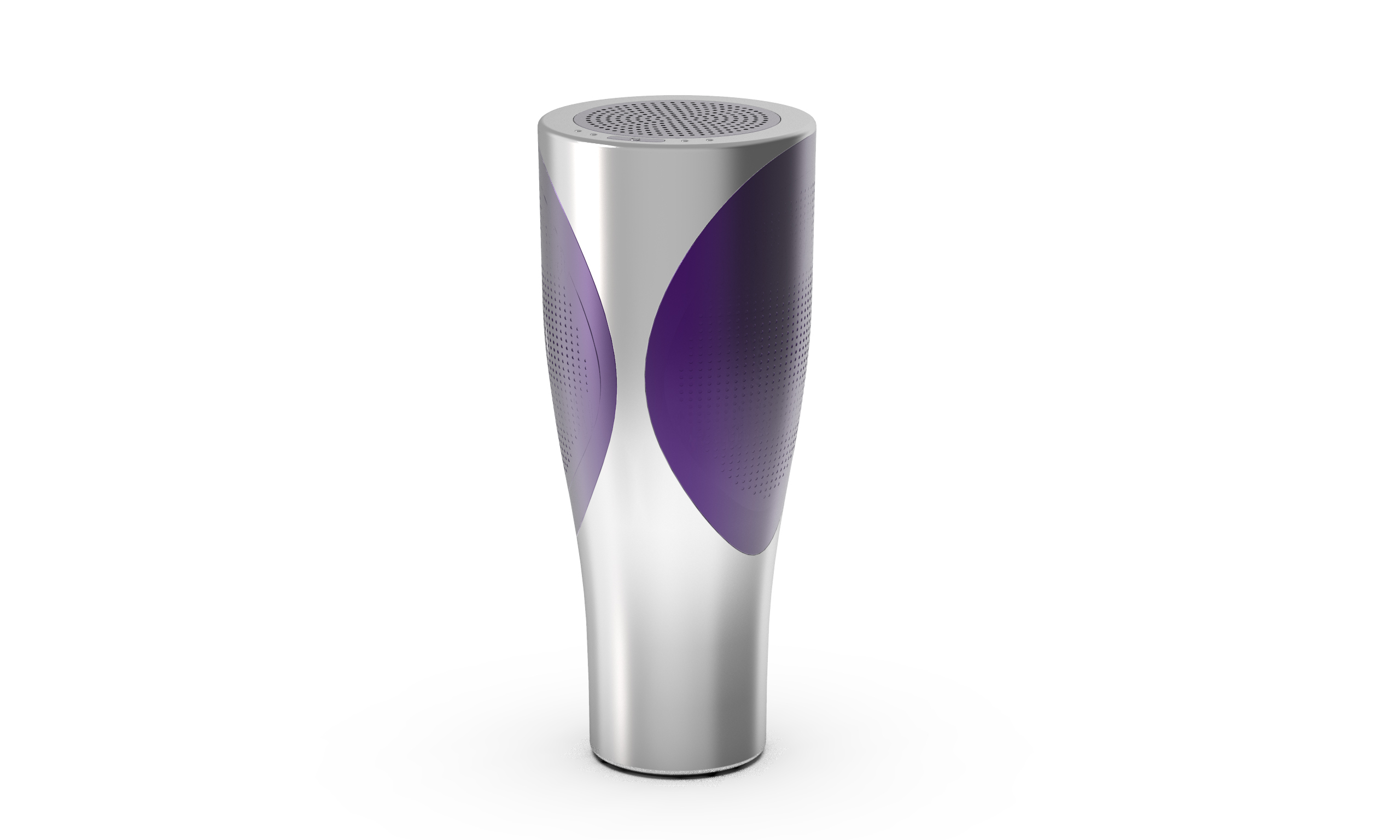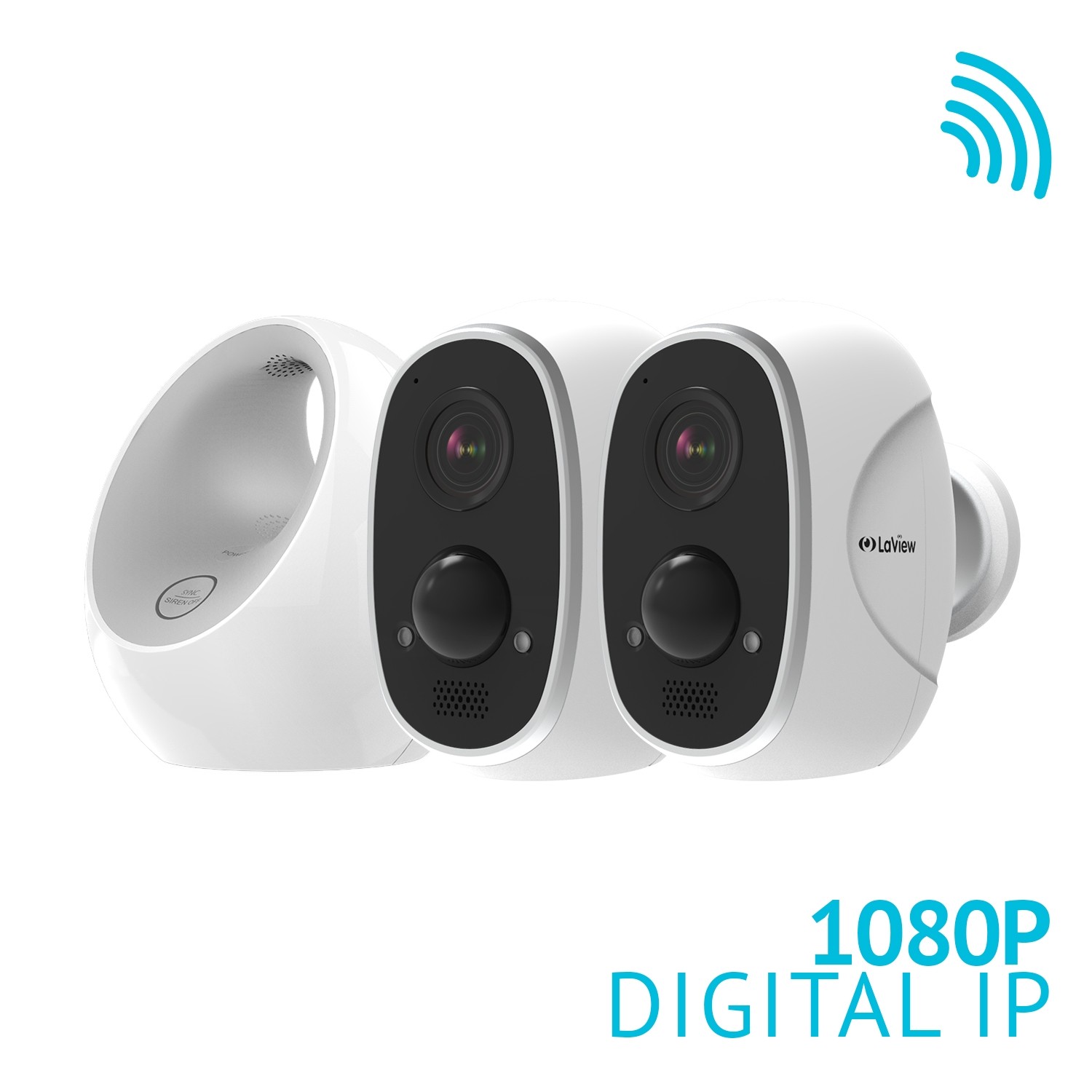Technical Filmmaking Tips for First-Time Directors

Directing a film is one of the most rewarding and unique pursuits of the artistic realm. It takes equal parts tenacity, compassion, and creative vision. That said, approaching your very first piece in a way that will bring your vision to life can feel intimidating. Luckily, we’re here to help all you first-time directors with a couple of technical (and not-so-technical) filmmaking tips.
Good Scheduling Matters
Indeed, directing a film is an artistic endeavor. But it’s also a logistical one—especially when you’re first starting. You have to be responsible for your actors, crew members, and scene blocking, to name a few things. That’s why it’s important to ensure that you have a great schedule from the very first day of production onward.
This means you know in which order you’ll film all of your scenes(chronologically rarely makes sense, so toss that out). It also means planning lunch breaks, scheduling dress rehearsals, budgeting time for travel between locations, and everything in between. But if you can chip away at these different things before you start shooting, you’ll have a much better layout for your production.
If things need to change, modification is easier with an excellent schedule. Plus, it’ll keep your actors and crew in high spirits and give you extra time to experiment with your bread butter—interesting camera shots and dialogue exchanges.
Get The Right Gear
A great schedule is only part of the equation. You will need all the right gear to translate your vision properly on film. Most first-time directors don’t have all the equipment they need for their projects just lying around the house. It’s understandable.
Film equipment is very expensive and impractical to have anywhere other than on a film set. Fortunately, you can rent all the required gear you need from numerous places. This includes the obvious stuff—such as cameras and gimbals—as well as lighting, reflectors, special camera lenses and filters, and anything else you might need to pull off your film.
Moreover, it’s wise to research the type of gear most fitting for your film. For instance, LED lighting on your film set might be more beneficial than traditional options.
Don’t Worry About Perfection
This next filmmaking tip for first-time directors isn’t so technical, but it’s extremely important to keep in mind. When you embark on directing your first film, remember that perfection shouldn’t be the goal. This is true for two reasons:
- You probably won’t achieve perfection on your first go, so why stress about it?
- “Perfect” productions zap the artistry and excitement that imperfect ones can offer.
Always try to do the best you can with what you’ve got. Collaborate openly and engage with your crew, and use your passion to produce the absolute best film that you can. If you do that, people will connect with your piece, and you’ll be well on your way to directing another one with fresh, more experienced eyes.





